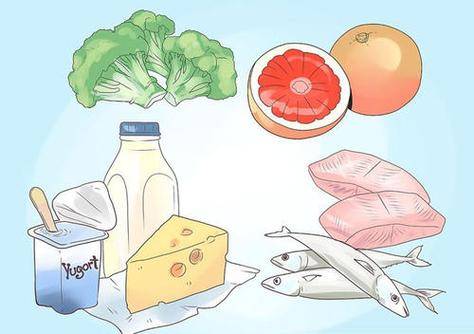Tubal blockage is one of the common reasons for female infertility. In addition to receiving regular medical treatment, reasonable dietary adjustment can also help improve the condition to a certain extent.
1. Foods rich in vitamins
Vitamins play a crucial role in the normal functioning of the body. Vitamin C and vitamin E have antioxidant effects, which can reduce the damage caused by free radicals to the body and help improve the function of the fallopian tubes. Foods rich in vitamin C include citrus fruits, strawberries, kiwi, etc.; foods rich in vitamin E include nuts, vegetable oils, green leafy vegetables, etc.
2. High-protein foods
Protein is an essential component of the body, indispensable for tissue repair and growth. Chicken, fish, legumes, and eggs are all excellent sources of high-quality protein. Sufficient intake of protein can enhance the body’s resistance and provide a good nutritional foundation for the repair of the fallopian tubes.
3. Foods rich in dietary fiber
Dietary fiber helps promote intestinal peristalsis, prevent constipation, and reduce the accumulation of toxins in the body. Whole grains, vegetables, and fruits are all rich in dietary fiber. Maintaining bowel regularity is beneficial for overall health and indirectly affects the regulation of tubal blockages.
4. Blood-moving and stasis-dispelling foods
In traditional Chinese medicine theory, tubal blockage is often related to blood stasis. Proper consumption of foods with blood-moving and stasis-dispelling effects, such as hawthorn, peach kernel, safflower, etc., may help dredge the meridians and improve blood circulation in the fallopian tubes.
It is important to note that although dietary adjustments can help improve tubal blockages to some extent, they cannot replace professional medical treatment. If diagnosed with tubal blockage, seek medical attention promptly, follow the doctor’s advice for treatment. Additionally, maintaining good lifestyle habits such as moderate exercise, proper rest, stress reduction, etc., is crucial for recovery.
The management of tubal blockages needs to consider multiple aspects comprehensively, with diet being just one part. It is hoped that through proper diet and active treatment, patients can regain health soon and achieve their desire for fertility.


